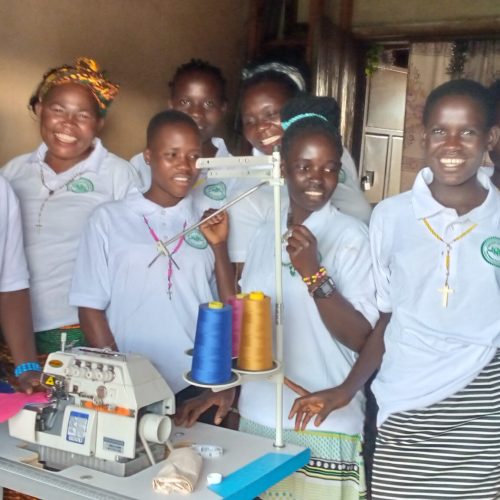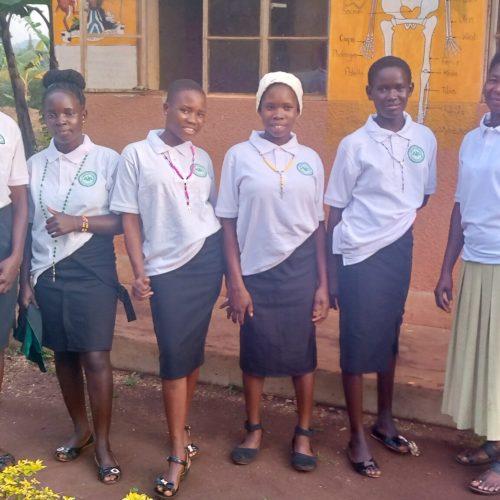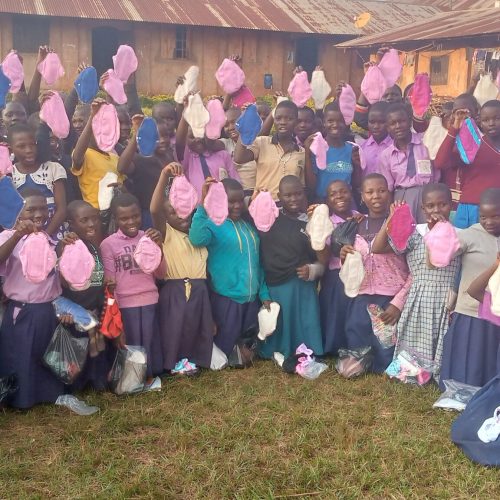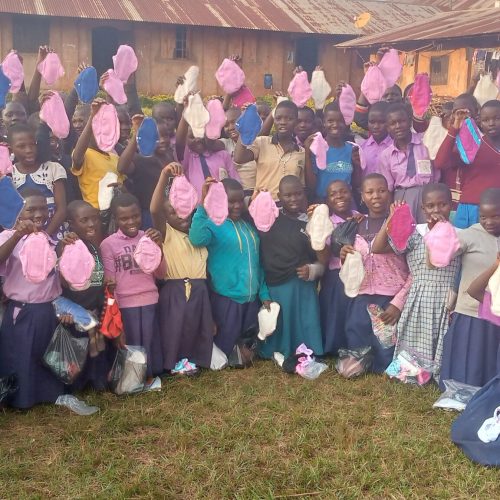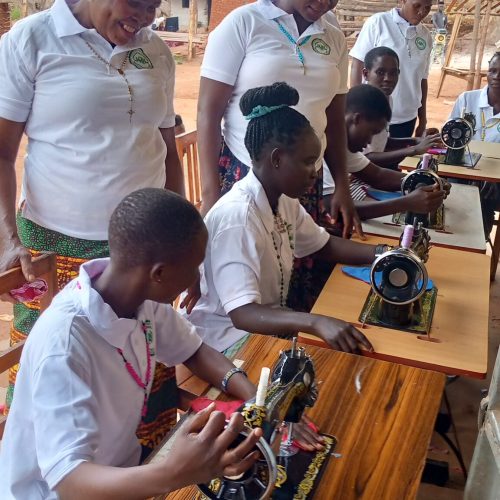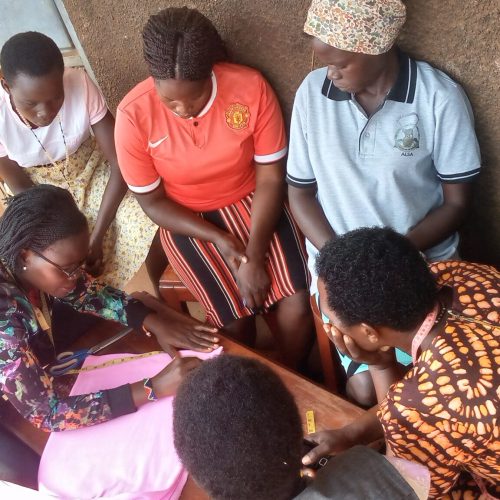Women and Girls Equity
Advancing Women and Girls
Women and girls’ inequality is a significant barrier to development and progress in many regions, including Uganda. This disparity affects not only the social standing of women and girls but also their potential to contribute meaningfully to their families and communities. As Uganda strives for sustainable growth, the empowerment of women and girls through education and economic opportunities becomes essential. JDI aims to confront the challenges facing women and girls in the communities of Zombo District, Northern Uganda. Here we outline the objectives of JDI’s initiatives aimed at addressing these issues in Zombo District.
Women and Girls in Northern Uganda
In Northern Uganda, persistent women and girls’ inequality severely limits opportunities for women and girls. Research indicates that cultural norms and socio-economic factors play a pivotal role in perpetuating these disparities. According to a study by the United Nations Development Programme (UNDP, 2018), many girls are kept out of school due to traditional beliefs about women and girls’ roles and widespread poverty. Even those who attend face obstacles such as women and girls’-biased curricula and a lack of female role models, which contribute to low educational attainment and prevent them from achieving their full potential in the workforce (UNICEF, 2020).
Furthermore, women encounter systemic barriers in employment, which include discriminatory hiring practices and wage gaps that reinforce economic dependency. The International Labour Organization (ILO, 2020) highlights that women and girls’ discrimination continues to undermine women’s participation in the labor market, resulting in fewer women attaining positions of leadership and economic independence. Such systemic inequities lead to cycles of poverty, restricting women’s ability to contribute to community development.
Skilling!
Women and Girls in Zombo District
In Zombo District, West Nile region of Northern Uganda, women and girls face unique challenges that exacerbate their educational and economic circumstances. Research from the World Bank indicates that high rates of poverty combined with cultural norms significantly impede access to education for girls in this region (World Bank, 2021). Many families prioritize boys’ education over girls’, perpetuating a cycle of disadvantage. The lack of infrastructural development, including schools and vocational training facilities, further limits opportunities for women and girls to acquire skills that would enable them to escape poverty and participate fully in their communities. Addressing these issues in Zombo District is crucial for fostering an environment where women and girls can thrive.
JDI Aims
To combat these systemic challenges, JDI has launched comprehensive initiatives focused on advancing women and girls’ equality through educational and economic empowerment. Our programs are designed to facilitate access to quality education, promote vocational training, and provide necessary resources for women’s entrepreneurship. By investing in women’s education, JDI aims to enhance their leadership roles and promote social equity.
Studies indicate that educating girls has multifaceted benefits, including improved economic outcomes for families and communities (World Bank, 2019). JDI’s targeted interventions seek to dismantle barriers in education and the workforce, allowing women and girls to achieve economic independence and become active contributors to their communities. We call on partners and stakeholders to join us in this transformative effort to foster sustainable growth and empower the women and girls of Uganda. Together, we can take invaluable steps toward creating a more equitable society for all.
